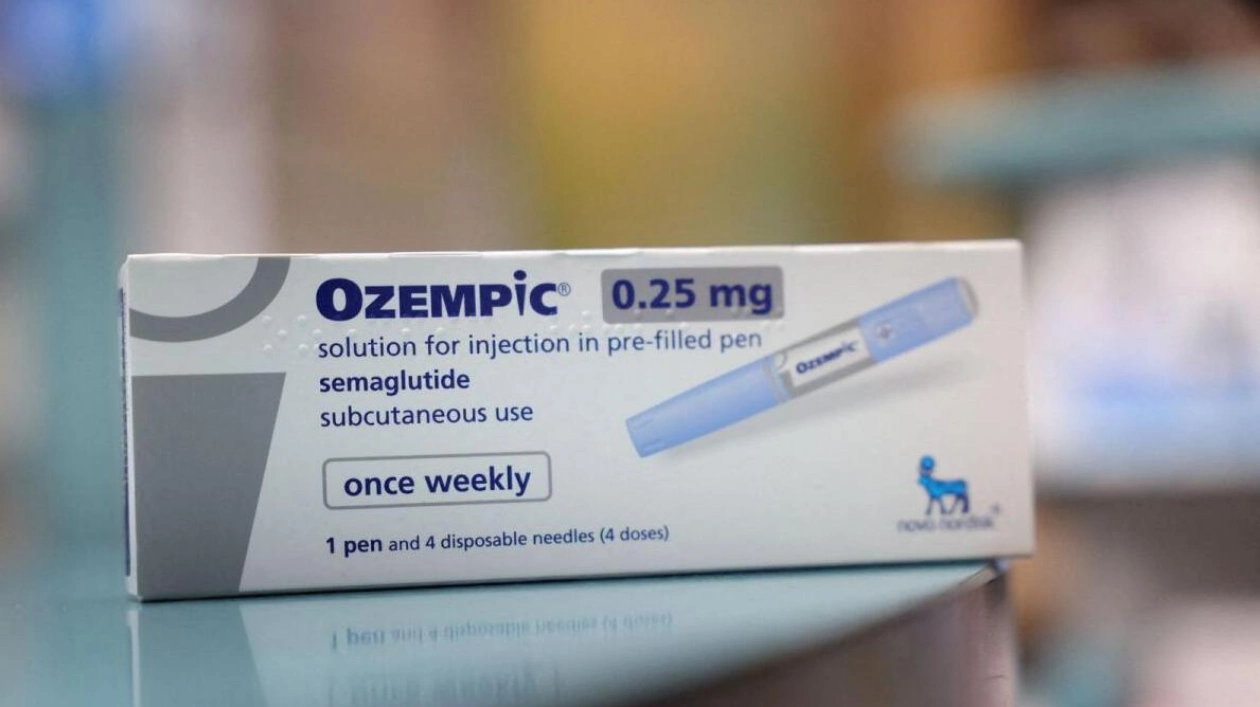A study based on electronic health records published on Monday found that smokers with type 2 diabetes who took Novo Nordisk's Ozempic experienced fewer medical encounters related to tobacco and received fewer interventions to assist them in quitting smoking compared to those who used other diabetes medications. In the year following the initiation of treatment, Ozempic users previously diagnosed with tobacco use disorder were up to 32% less likely to engage in discussions about tobacco use with healthcare providers than those on alternative diabetes drugs, even when compared to those using medications within the same class, known as GLP-1 receptor agonists, as reported in the Annals of Internal Medicine.
Additionally, these patients were up to 68% less likely to be prescribed smoking cessation medications and up to 21% less likely to receive smoking cessation counseling. The study analyzed electronic health record data from nearly 229,000 patients, including approximately 6,000 Ozempic recipients. The researchers have advocated for clinical trials to assess the potential of Ozempic's active ingredient, semaglutide, in aiding smoking cessation, building on the findings from this study funded by the US National Institutes of Health.
Previous reports have indicated a diminished urge to smoke among patients treated with semaglutide, possibly due to a reduction in the rewarding effects of nicotine in the brain. Novo Nordisk's highly popular weight-loss drug, Wegovy, also contains this active ingredient. The current study did not include data on whether patients actually stopped or reduced their tobacco use after starting on the various drugs. The decrease in tobacco disorder-related encounters observed could imply reductions in tobacco use or relapses, but it might also indicate a reduced inclination to seek help for quitting smoking, the researchers acknowledged.
The study examined various classes of diabetes drugs, including insulins, metformin, DPP-4 inhibitors, SGLT-2 inhibitors, sulfonylureas, thiazolidinediones, and other GLP-1 medications besides Ozempic.






